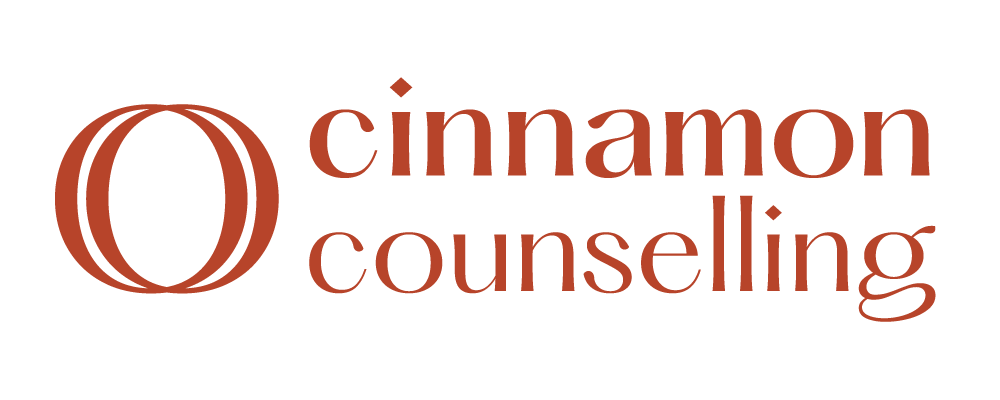Clarity Coaching helps you figure your relationship out
“Should I stay, or should I go now?
Should I stay, or should I go now?
If I go, there will be trouble
And if I stay, it will be double”
The Clash, Should I Stay or Should I Go (1981)
When You’re Unsure About Your Relationship
Many of us have asked ourselves the question of whether to stay or go when in a relationship. When it’s good, it’s really good, but when it’s bad, it’s unbearable. What to do???
Clarity Coaching, also known as Discernment Counselling, is a special, brief type of therapy for couples who aren’t sure whether they want to stay together. In these situations there are usually two types of partners:
The Leaning Out Partner
This person has one foot out the door. They’re leaning towards ending the relationship.
The Leaning In Partner
This person wants to save the relationship. They are hopeful the other person is willing to give it one last shot.
With Clarity Coaching, the counsellor acts as a facilitator.
Counsellors help the partners have the difficult conversations they may be avoiding at home.
There are only two goals for the process:
For each person to gain clarity and confidence in their decision-making regarding the future of the relationship.
For each person to choose one of 3 paths regarding the relationship.
When you do Clarity Coaching with me, I don’t spend much time asking about the history of your relationship. I won’t share any strategies or give any homework, and your relationship is unlikely to change in the short term.
Instead, I want to know:
How did the two of you get here?
What were each person’s contributions?
Do you have the motivation, hope, and patience for change…or are you done?
With my help, we’ll drill down on each of these questions and get some clear answers. This is what will help you decide which path to take.
The 3 Paths
During each session, I meet with the couple together and with each partner individually to discuss the above questions as well as the pros and cons of the 3 paths.
These paths are:
To maintain status quo (in other words, to not make any changes at this time)
To separate
To take separation off the table for 6 months, commit to couples counselling, and then re-evaluate
This is a time-limited process. Partners will attend a minimum of 1 session and a maximum of 5 sessions. In my clinical experience, most people make decisions within the first 2-3 sessions and don’t need all 5.
Many people who have done Clarity Coaching report they are much more comfortable with their decisions going forward. That’s because all the cards have been put on the table, so to speak, and they have gained a much better understanding of how things went wrong and whether things can be fixed.
And you know, it’s worth it to figure out if you can still make it work. Studies have found that up to 50% of people who get divorced later wish they had tried harder to avoid divorce. Another study found that in 75% of couples, at least one partner had regrets about divorce one year after it happened.
Some Reasons Couples Consider Clarity Coaching:
you’ve already done couples therapy and it didn’t help
longstanding communication issues
someone cheats–and the other person finds out
you broke up but are wondering if you should get back together
you’ve been stuck in a rut for years
you keep breaking up and getting back together
one partner has been trying to get the other person to change for a long time (i.e. do more around the house, cut down on weed, be more interested in sex) and they are near the end of their rope
you have a huge question you can’t agree on (i.e. one wants kids and the other doesn’t; one wants to move to another country and the other doesn’t)
one partner is tired of doing all the work (at home/with the kids/for the relationship/etc)
sexual desire differences - and one person isn’t that worried about it
here may be abuse (emotional, psychological, etc)***
***One list of many types of abuse is here. Please note that while this is on a page described as “articles for women” with a male partner, a person of any gender with a partner of any gender can be a victim of abuse.
Couples Who are Not Suited for Clarity Coaching
When there is an ongoing affair
When one person does not want to go to therapy (of any kind)
When there is domestic violence
See here for a FAQ about Clarity Coaching.
How is Clarity Coaching different from couples therapy?
The primary differences are goals and length.
Couples therapy is for partners who want to stay together and work on their relationship. It lasts as long as is needed.
Clarity Coaching is for partners where one person isn’t sure they want to stay. It helps each partner figure out whether they are still committed to the relationship. There are a maximum of 5 sessions.
How much does it cost?
The first session is 2 hours long and costs $400 (no tax). This length allows for a conversation between the couple and counsellor, and one-on-one conversations for each partner with the therapist as well.
Subsequent sessions are 1.5 hours long and cost $300 (no tax). These sessions also include conversations between the couple and counsellor, and one-on-one conversations with the therapist.
How long does it take?
It can take anywhere from 1 to 5 sessions, with a maximum of 5.
How frequently do we come?
I recommend coming every 2-3 weeks to allow for time to reflect between sessions.
Do we do it separately or together?
Both. Each session includes conversations between the couple and counsellor, and one-on-one conversations with the therapist.
Is there homework?
Since this is not couples therapy, there is no homework. .
What if we finish all 5 sessions and still haven’t decided?
If this happens (it’s rare), there’s usually a lot going on for each person individually. I typically recommend that each person see an individual therapist, if they aren’t already. They can always return for another round of Clarity Coaching at a later date.
What feedback have people given?
People have said:
I feel much more confident about my decision
I wasn’t sure this would help, but it really did
Your questions made me think, in a good way
I now see what’s really going on, and it’s not ok for me anymore
I’ve seen that there is still hope, and I want to keep trying
My partner actually, really heard me this time
I truly got clarity
References:
Doherty, W. J., & Harris, S. M. (2017). Helping couples on the brink of divorce: Discernment counseling for troubled relationships. Washington, DC: American Psychological Association.
Emerson, A. J., Harris, S. M., & Ahmed, F. A. (2021). The impact of discernment counseling on individuals who decide to divorce: experiences of post-divorce communication and coparenting. Journal of marital and family therapy, 47(1), 36–51. https://doi.org/10.1111/jmft.12463
Hawkins, A.J., Harris, S. M., & Fackrell, T.A., (2022). Should I try to work it out? A guidebook for individuals and couples at the crossroads of divorce; Second Edition. Family Matters Press.



